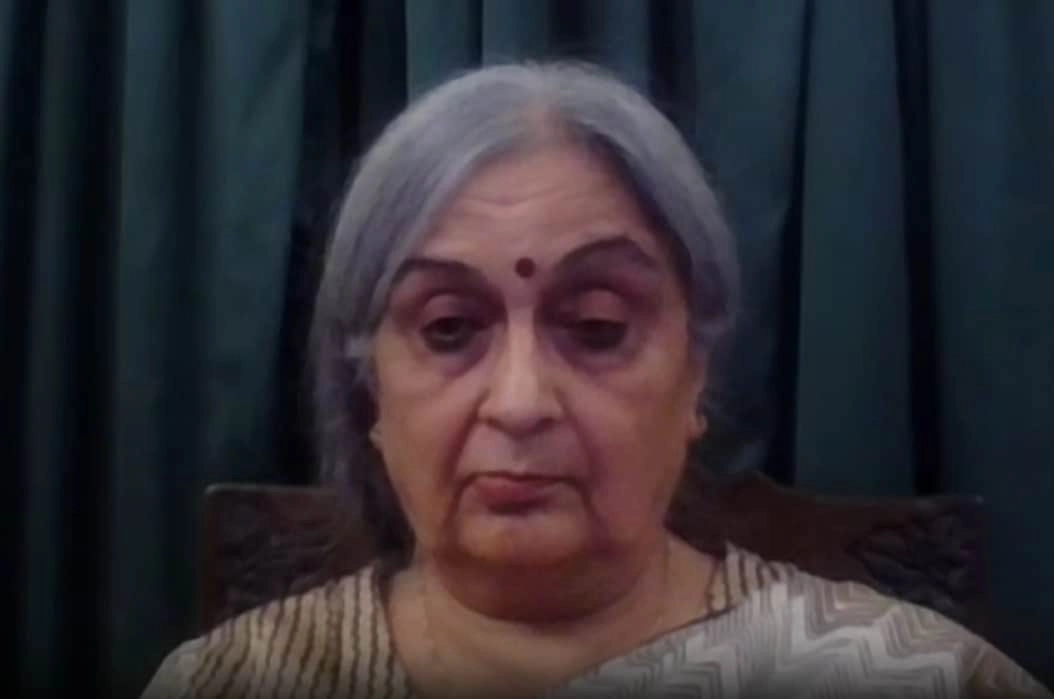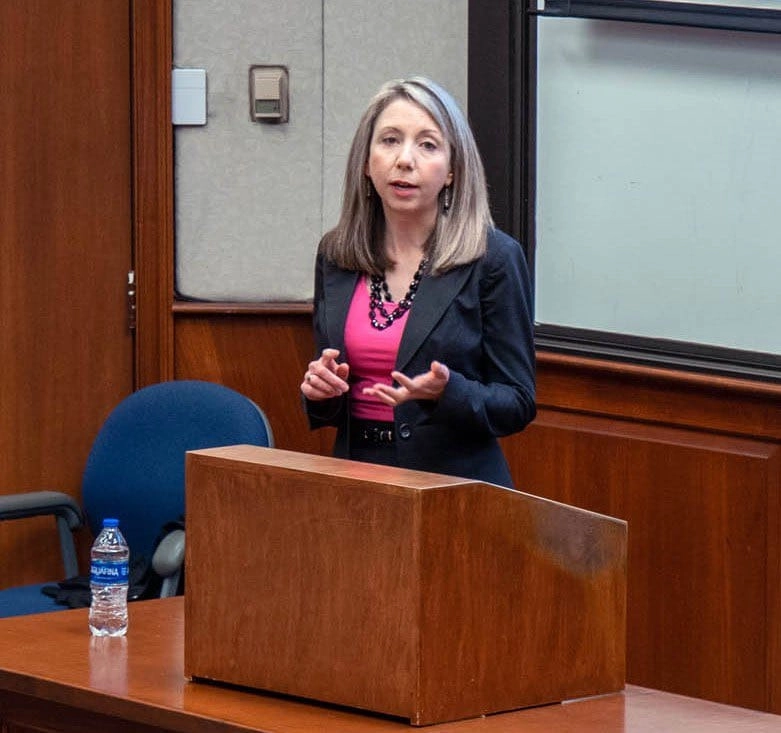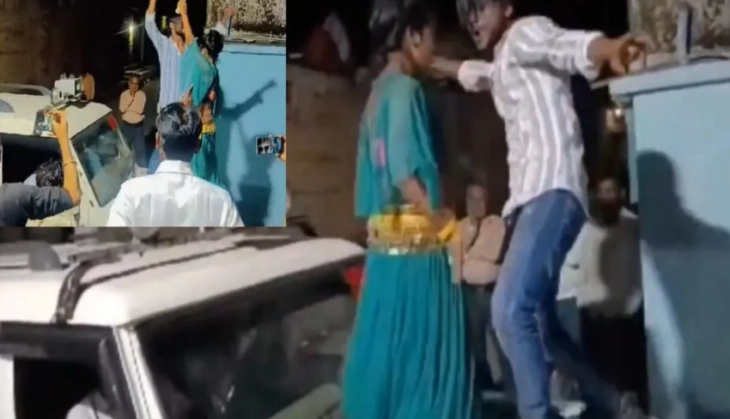The case surrounding Nitish Katara, who was brutally murdered in 2002, has once again sparked outrage and grief as news broke that his killer is set to be released from prison. Katara’s mother, Neelam Katara, has expressed her deep sorrow and frustration over what she describes as a “miscarriage of justice.” She has been a relentless advocate for justice for her son, who was reportedly killed due to his relationship with a girl from a different social background. The circumstances of the murder and the subsequent trial have raised serious questions about the judicial system in India and its handling of cases involving caste-based violence.
Neelam Katara has been vocal about her feelings regarding the impending release of her son’s killer, emphasizing that it undermines the fight against honor killings and societal prejudices. She believes that such a decision sends a dangerous message about the value of life and the consequences of taking it. The case, which garnered significant media attention, highlighted the pervasive issues of caste discrimination and the tragic outcomes that can arise from it. As the date of the release approaches, Neelam remains steadfast in her quest for justice, hoping to rally public support and bring awareness to the ongoing struggle against honor-related violence in India.
The implications of this case extend beyond the personal tragedy of the Katara family. It reflects broader societal issues, including the need for reform in the legal system and greater protection for vulnerable individuals facing threats due to their relationships or social standing. Neelam Katara’s fight is emblematic of the challenges faced by many families seeking justice in a system that often seems to favor the powerful. Her determination to keep her son’s memory alive and advocate for change is a poignant reminder of the lasting impact of violence on families and communities. As the situation unfolds, many are left questioning the effectiveness of the justice system in addressing the roots of such violence and ensuring accountability for perpetrators.




